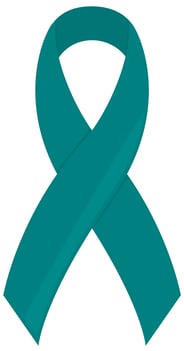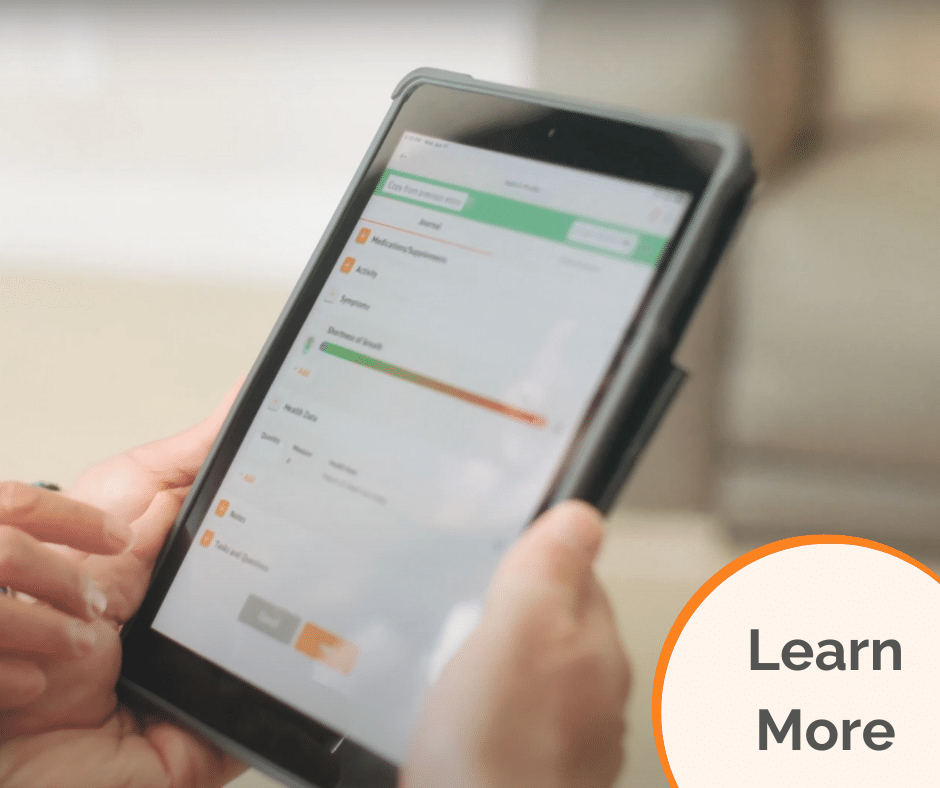What Is PCOS (Polycystic Ovary Syndrome) ?
Polycystic Ovary Syndrome (PCOS) is a hormonal disorder, that affects 1 in 10 women of childbearing age. As it is a complex condition with symptoms that vary with every woman. Spreading knowledge on PCOS is important.

Polycystic ovary syndrome, referred to as PCOS, is a hormonal condition in which the ovaries produce an abnormal amount of androgens (Johns Hopkins). While researchers are not clear on what causes PCOS, women diagnosed often have insulin resistance causing there to be an increase in androgen levels.
In some cases, women with PCOS do not produce enough hormones to release eggs during their menstrual cycle. Cysts and hormonal imbalances cause many different symptoms and additional health concerns. However, there are ways to manage PCOS. In this blog, we will discuss some of the symptoms, complications, misconceptions and related illnesses.
Population (Age and Demographics)
A population of 5% to 10% of women between the ages of 15 to 44 years old have PCOS. Most women receive a diagnosis in their 20’s and 30’s. And about 1 in 10 women are affected during the childbearing age (Office On Women's Health).
 PCOS Diagnosis Process
PCOS Diagnosis Process
A series of tests are required to properly diagnose PCOS.
Women diagnosed have at least three of the following indicators:
- Irregular periods
- Excess androgen
- Cysts on ovaries
To determine whether a patient meets the criteria, any symptoms and family history will be evaluated. This step is essential because it will help rule out other conditions with similar symptoms. Standard tests for PCOS include:
- Physical exams to check blood pressure, hair growth, discoloured skin, and acne
- A pelvic exam and ultrasound
- Blood tests to check hormone levels
After diagnosis, the patient's overall health will be determined through a series of examinations. It’s important to start planning and managing any symptoms to help treat any further complications. (Web MD)
PCOS Symptoms
Many women experience different symptoms and signs of PCOS. The more commonly known signs and symptoms are:
- Irregular or light menstrual periods
- No periods
- Weight gain, especially around the abdomen
- Oily skin or hormonal acne
- Hirsutism; excess hair growth, including the face, chest, stomach, and back
- Male-pattern baldness or thinning hair
There are some symptoms that are less frequently discussed regarding PCOS. This includes changes in skin growth, such as skin tags or patches of darker skin on the neck or underarm. Women who are diagnosed with PCOS may deal with other related health complications. These complications differ from woman to woman. Complications related to PCOS may include:
Most Common Complications of PCOS
Infertility: PCOS is one of the most common reasons for infertility for women. Women with PCOS may have hormonal imbalances causing their bodies to not produce or release eggs during ovulation (Women’s Health). The growth of cysts, solid/fluid-filled sacs located within or on the surface of the ovaries, are mostly harmless and have no symptoms but large ovarian cysts can differ. Women with PCOS are also more likely to experience a higher risk of miscarriage or premature birth. Luckily, many women with PCOS can still conceive due to medical advancements in the fertility field. There are a variety of fertility drugs that help women to conceive.
eggs during ovulation (Women’s Health). The growth of cysts, solid/fluid-filled sacs located within or on the surface of the ovaries, are mostly harmless and have no symptoms but large ovarian cysts can differ. Women with PCOS are also more likely to experience a higher risk of miscarriage or premature birth. Luckily, many women with PCOS can still conceive due to medical advancements in the fertility field. There are a variety of fertility drugs that help women to conceive.
Metabolic syndrome: Metabolic syndrome is classified as a cluster of conditions that occur at one, including
- high blood pressure
- high blood sugar
- abnormal cholesterol
- triglyceride levels
- type 2 diabetes or prediabetes
Mental Health: Research shows that women diagnosed with PCOS are more likely to struggle with:
- Anxiety
- Depression
- Eating disorders
Additional Complications:
- Abnormal uterine bleeding
- Endometrial Cancer
- Nonalcoholic steatohepatitis: a severe liver inflammation caused by fat accumulation in the liver
PCOS Misconceptions
PCOS is not from genetics: PCOS is not a condition carried down from genetics. For example, women with grandmothers and mothers who have PCOS, are not affected by this factor.
Losing weight can cure PCOS: While there is no cure for PCOS, including weight loss, losing weight can help balance hormone levels and improve the condition altogether.
PCOS only affects overweight women: Excess weight can make symptoms worse but isn’t the cause of PCOS.
PCOS is a rare condition: PCOS is considered one of the most common endocrine disorders amongst women of reproductive age. It affects 5%-10% of women (about 5 million women) in the United States, which means many women are unaware of their condition as there is no test to definitively diagnose PCOS.
PCOS vs. Endometriosis

There are overlaps in symptoms regarding endometriosis, however, they are different conditions. Endometriosis is a painful disorder where abnormal cells grow on or around female productive organs such as the fallopian tubes, pelvis, and, most commonly, uterus. Diagnosis and treatment for the two conditions look different.
The differences between the two include:
- PCOS has to do with hormones
- Endometriosis has to do with abnormal growth of tissue
Both conditions require the management of symptoms.
Some commonalities are:
- Heavy bleeding
- Pelvic Pain
- Difficulties getting pregnant
- Infertility
- Affect women in their childbearing years
PCOS is manageable with the right support. PCOS is common, yet many women are not aware of the condition. If you or anyone you know has symptoms that may align with PCOS, talk to your doctor.
Share this
You May Also Like
These Related Stories
%20(16).png?width=940&height=788&name=Updated%20Blog%20Images%20(Blog%20listing)%20(16).png)
Support for PCOS (Polycystic Ovary Syndrome)
%20(1).png?width=940&height=788&name=Updated%20Blog%20Images%20(Blog%20listing)%20(1).png)
Myths About Polycystic Ovary Syndrome (PCOS)
%20(17).png?width=940&height=788&name=Updated%20Blog%20Images%20(Blog%20listing)%20(17).png)
.png?width=500&height=200&name=Zamplo%20Logo%20(1).png)


%20(2).png?width=940&name=Blogs%20Product%20Image%20(940%20%C3%97%20200%20px)%20(2).png)

No Comments Yet
Let us know what you think